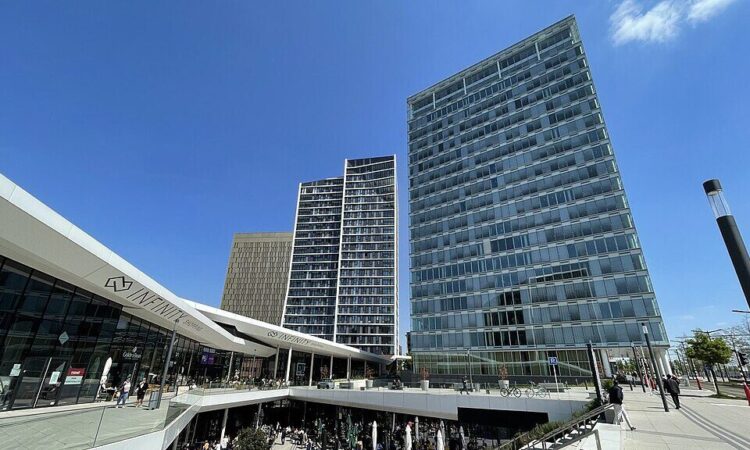EU Prosecutor Threatens Commission With Lawsuit for Cutting Its Funds ━ The European Conservative

The European Public Prosecutor’s Office (EPPO), an EU body tasked with investigating financial crime involving the Union’s budget in member states and in Brussels, has requested an “amicable settlement procedure.” This procedure—sought in response to the Commission’s planning to cut back on the EPPO budget—is the final available legal step before litigation, if no common ground is found.
The prospect of one component part of the institutional ensemble litigating against another highlights both the incoherence and illegitimacy of the EU.
EPPO’s letter to the Commission was dated April 9th but was leaked to the press on Monday, May 13th. In it, EPPO chief Laura Codruța Kövesi argues that the planned budget cuts announced in February would effectively prevent the office from carrying out its job. Specifically, the Commission decided to slash EPPO’s IT budget, costing around €5 million a year.
According to Kövesi,
The unilateral decision … to terminate, on 31 December 2024, the provision of the mentioned services to the EPPO risks that the Union’s independent prosecution office will be in the impossibility to carry out its tasks and achieve its mission.
She added that it is “incumbent” on the Commission to reverse its decision and abstain from any others that might jeopardize EPPO’s work.
What makes the issue especially sensitive is that the European Commission and all the top EU leaders can also be subjected to EPPO’s investigations. One current and ongoing probe examines the details of Pfizergate—seeking evidence in the form of Ursula von der Leyen’s now missing text messages, used to negotiate the EU’s biggest vaccine procurement deal (worth €1.8 billion) with pharma CEO Albert Bourla.
Potentially the largest corruption scandal in EU history, Pfizergate left its mark on von der Leyen’s first term at the EU’s helm. The Commission chief still refuses to release the texts to the public—despite repeated calls to do so from the EU Ombudsman—while claiming that, sadly, there are no records left of the since-deleted messages.
The investigation against von der Leyen was first launched by Belgian prosecutors on suspicion of “interference in public functions, destruction of SMS, corruption and conflict of interest.” The EPPO, established in the summer of 2021, later took over the case.
Specifically, Pfizergate investigations are being carried out by EPPO’s Luxembourg-based office, which was also one of the few branches that the Commission targeted with further budget cuts, according to an earlier open letter by the prosecutor.
EU rules gave the Commission 15 days to respond to Kövesi’s request for settlement before she could take the issue to the EU General Court. At the last minute, the EU executive did reply in the designated time frame, saying that it was ready to come to an agreement and continue to fund EPPO’s IT department, but only “under specific conditions,” which have not been disclosed.
The European Commission is notorious for its shortcomings in transparency, despite constantly reminding everyone of this core EU value. For instance, the European Ombudsman’s latest report revealed that the Commission regularly fails to answer freedom of information (FOI) requests on time. “Systemic delays” were involved in 85% of all cases last year, and over 60% of them required more than 60 working days to be dealt with, despite the legal time limit being 15.
Besides investigating EU institutions, EPPO is also tasked with ensuring that EU funds are correctly spent in member states. In 2023, the office launched over 200 probes into suspected mishandling of pandemic recovery funds in member countries. EPPO does not automatically have jurisdiction over all EU countries, but nearly all of them—except Denmark, Ireland, and Hungary—opted to become members, with Poland and Sweden currently in the process of joining.






